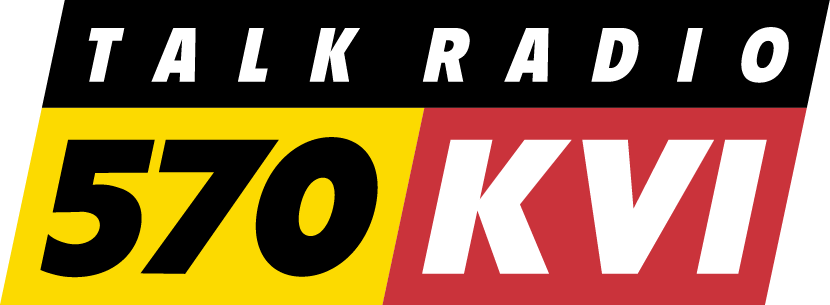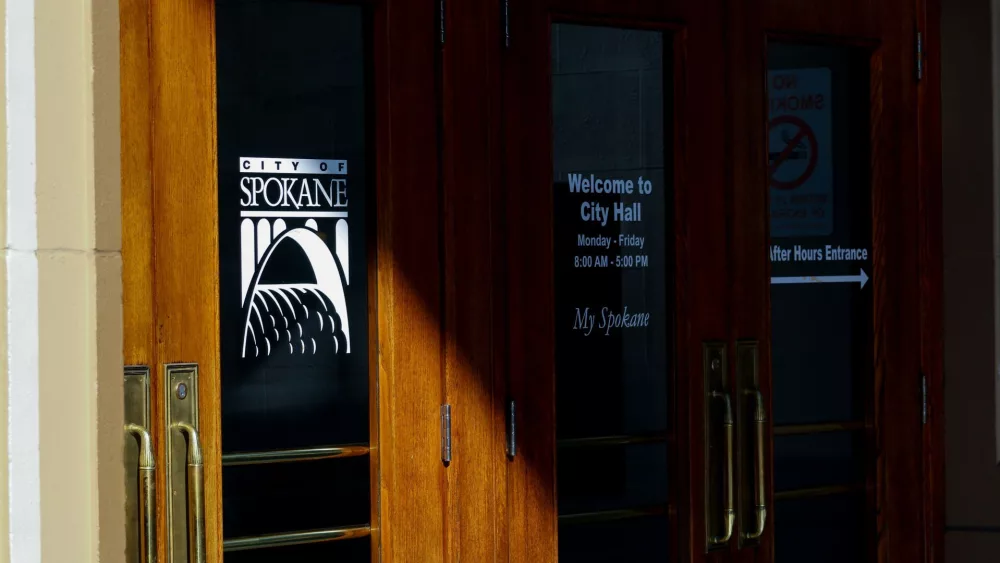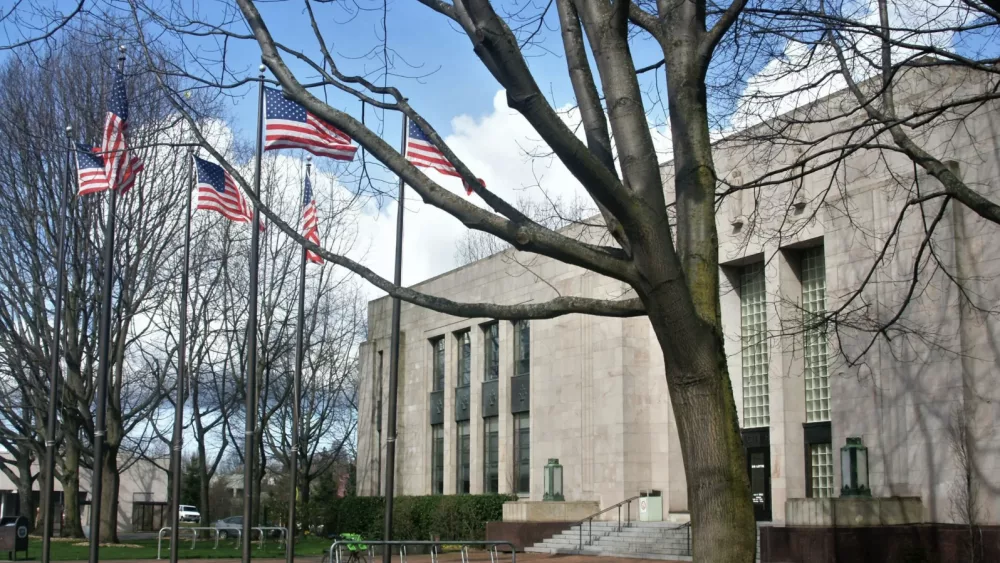(The Center Square) – A proposed bill seeks to lower Washington state’s legal limit for motorists driving under the influence of alcohol to the equivalent of two to three drinks in an adult.
House Bill 2196 would reduce the breath or blood-alcohol concentration limit for impaired driving from the current 0.08% to a proposed 0.05%.
Patterned after a similar bill enacted in Utah, the measure is sponsored by 44th District state Rep. Brandy Donaghy of Mill Creek and fellow Democratic Reps. Liz Berry of Seattle, Timm Ormsby of Spokane, and Lauren Davis of Shoreline.
The House Committee on Safety, Justice, & Reentry conducted an initial hearing Thursday, and the committee has an executive session scheduled this Tuesday, Jan. 30, at 4 p.m.
As proposed, the bill would take effect in July 2025 and be subject to a two-year evaluation by the Washington State Institute for Public Policy. It would see if enforcement of stricter BAC levels affects the state’s number of serious and fatal traffic collisions, drunk-driving arrests, sales and business effects on the hospitality industry, breweries, wineries, and distilleries; and “equity outcomes on overburdened communities.”
“I introduced this bill because a few years ago, Washington witnessed the deadliest year on its roads in 15 years, with a whopping 540 fatal crashes,” Donaghy said in a news release Thursday. “Sadly, half of all serious and fatal crashes are caused by driver impairment from drugs or alcohol.”
“When Utah changed its BAC law several years ago, it found that its fatal crash rate dropped almost 20 percent, and its fatality rate decreased by 18.3%,” Donaghy continued. “Furthermore, Utah statistics show that because of this new law, almost a quarter of people changed their habits regarding getting behind the wheel while impaired. I want to see similar improvements in Washington.”
Since 2002, it has been illegal in all 50 U.S. states to drive with a blood-alcohol content that is 0.08% or higher. Washington’s previous limit of 0.10% was lowered in 1999. The state has stricter rules applying to juveniles caught driving while impaired.
Driving under the influence also applies to the use of drugs including cannabis products if a driver’s blood analysis shows a THC concentration of 5.00 or higher.
Last year, state Sen. John Lovick, D-Mill Creek, a former longtime Washington State Patrol trooper, introduced a similar measure in Senate Bill 5002. It stalled in the Legislature, due in part from pushback by Washington’s wine and hospitality industries that worried about the effects posed to their businesses. But SB 5002 has been reintroduced in the current session and it is pending before the Senate Rules Committee.
In December, the Washington Traffic Safety Commission issued a report saying the legislature should “seriously consider” establishing a BAC limit of 0.05% in this state. The commission said drug- and alcohol-impaired driving has “persistently been involved in at least half of the fatal crashes for decades” and that “poly-drug driving” – under the influence of two or more substances – has been increasing.
HB 2196 also calls for an increased public awareness campaign by the WTSC about the implications of impaired driving and additional civil penalties for vendors furnishing alcohol under the Alcohol Beverage Control Title.
In Washington, a conviction for drunk driving or physical control of a motor vehicle while under the influence is a gross misdemeanor punishable by up to a year in jail, a $5,000 fine, and possible license suspension or revocation. An offense is elevated to a felony if a defendant has three or more qualifying prior offenses within 10 years or a prior conviction for vehicular assault or vehicular homicide while under the influence.






